-
 Search Magazine
March 25, 2020
Search Magazine
March 25, 2020
Expediting COVID-19 research
The Jackson Laboratory is fast-tracking the breeding and distribution of a unique transgenic mouse model for worldwide coronavirus research.
-
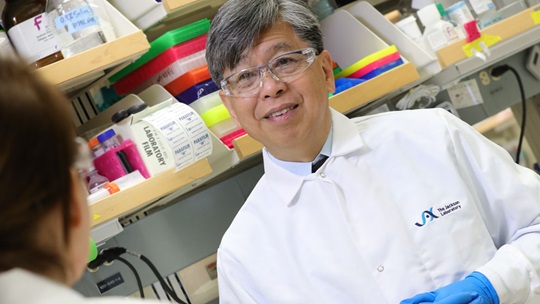 Press Release
December 18, 2019
Press Release
December 18, 2019
JAX receives $2.5M from The Mark Foundation for breakthrough cancer immunotherapy project
The Jackson Laboratory (JAX) has received $2.5 million from The Mark Foundation for Cancer Research to study in mice the influence of host genetics on response to immunotherapy. The goal of this project is to generate insights that will empower future decisions about the best treatments for cancer patients based on their genetic backgrounds.
-
 Search Magazine
March 31, 2020
Search Magazine
March 31, 2020
Your sleep, your genes, your microbes
New research shows that the presence of Odoribacter in the gut alters sleep patterns differently in mice depending on their genetic background.
-
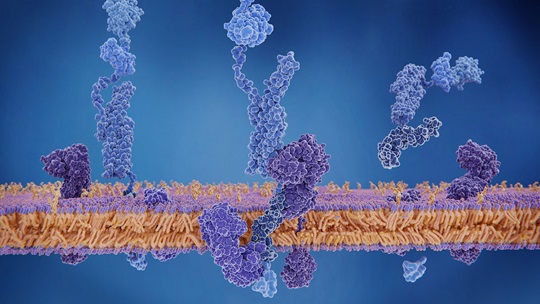
Moving beyond amyloid to treat Alzheimer's disease
The repeated clinical trial failures of Alzheimer’s disease therapies based on clearing beta-amyloid have been discouraging, but new research strategies and capabilities are providing renewed hope.
-
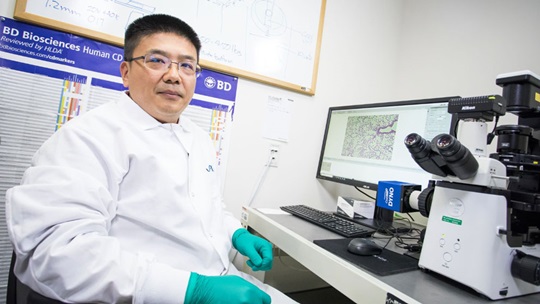 Search Magazine
March 04, 2020
Search Magazine
March 04, 2020
Overcoming breast cancer chemotherapy resistance
The National Cancer Institute has awarded Jackson Laboratory cancer researcher Gary Ren a five-year grant totaling $1,946,663 to study how chemotherapy-induced changes in the lung stroma foster the growth of metastatic breast tumor cells in the lung.
-
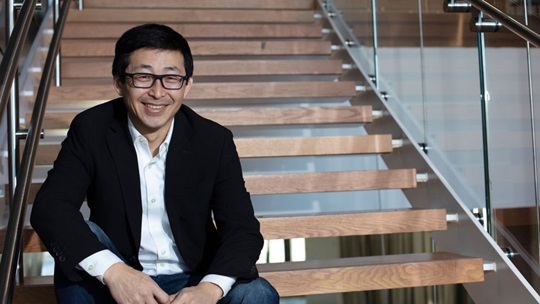 Press Release
January 23, 2020
Press Release
January 23, 2020
Small molecules mean big data for health and disease
Jackson Laboratory (JAX) Associate Professor Shuzhao Li uses high-resolution mass spectrometers to quantify metabolism, measuring thousands of small molecules in the body.
-
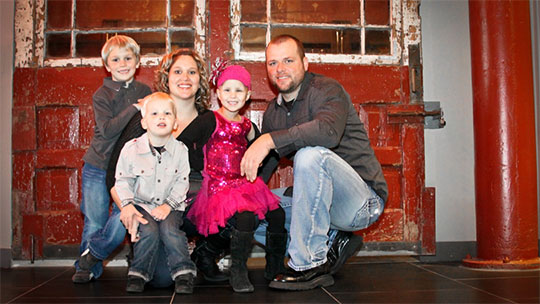 Press Release
January 29, 2020
Press Release
January 29, 2020
JAX part of new collaboration providing RACE Act/PREA pediatric cancer study plan services
The Jackson Laboratory, The Children’s Cancer Therapy Development Institute, and Champions Oncology offer rapid, cost-effective services to the pharma, biopharma and biotech industry, speeding the right drug to the right pediatric cancer whenever possible.
-
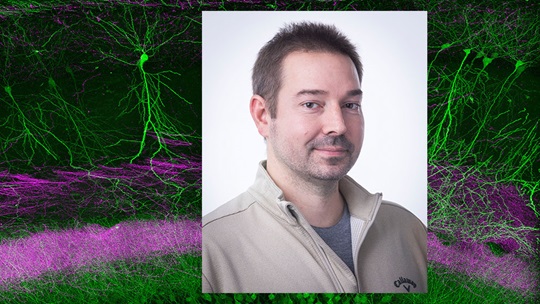 Press Release
December 16, 2019
Press Release
December 16, 2019
Zooming in on the brain
JAX neuroscientist Erik Bloss develops high-resolution tools to study the wiring of neuronal circuits in normal brains and Alzheimer’s disease.